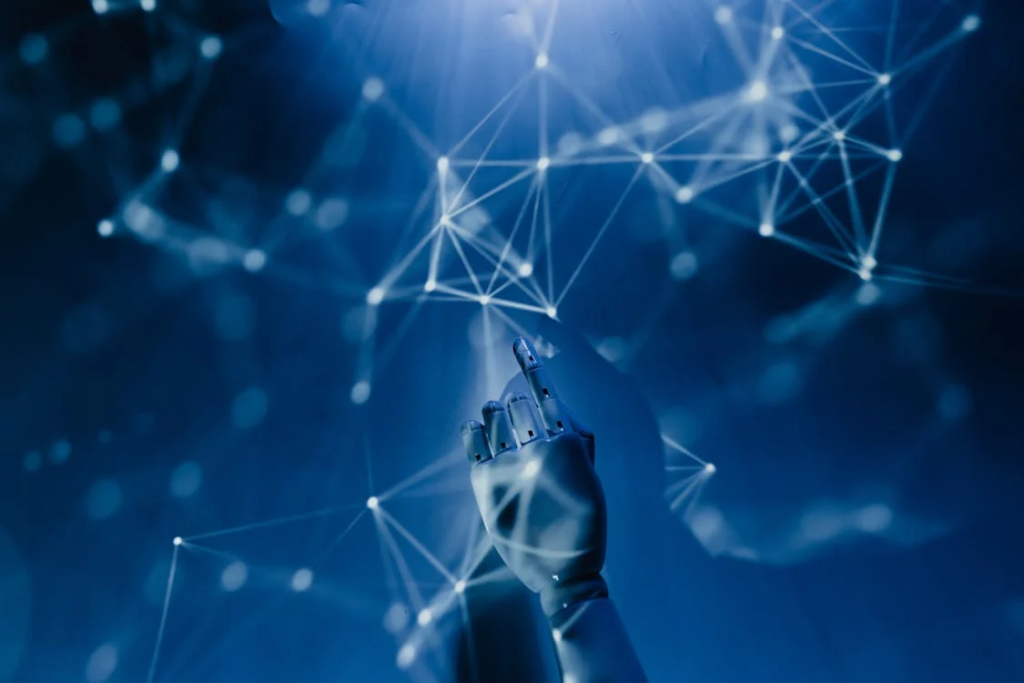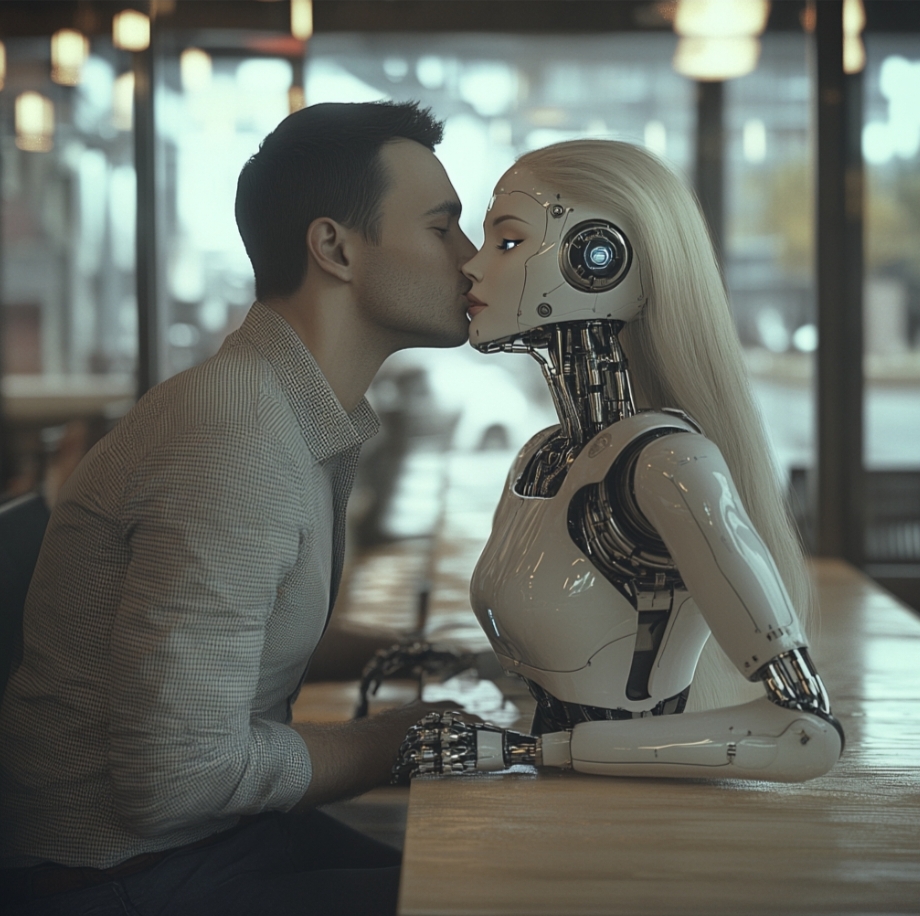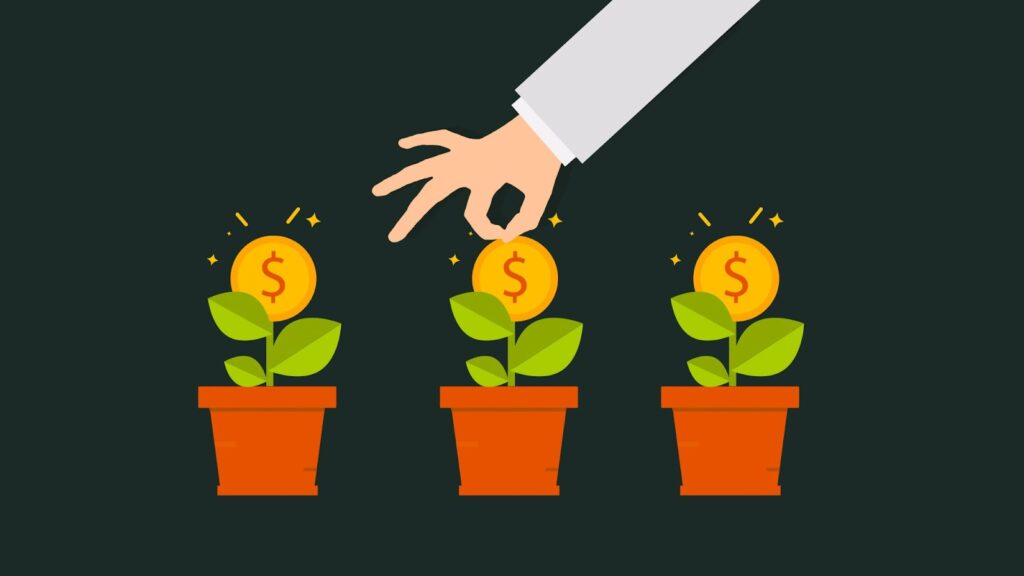Artificial intelligence used to be a concept only known in science fiction, fiction, and comfortably theoretical. From groundbreaking works like 2001: A Space Odyssey to I Have No Mouth And Must Scream, Artificial Intelligence has been around for a while, often relegated to the realm of horror, existential, cosmic, and scarily plausible. Fast forward a few years later, and AI has become a staple of our modern world, evolving at speeds we never thought possible. The avalanche has started and we cannot turn back the clock, but that does not mean we just accept everything that happens without at least asking some fundamental questions, and we should ask them so we can at least lock down our own position, making it clear what we think and believe and what we stand for.
Artificial Agency
The powers of AI have become abundantly clear in the last few years, solving issues and conundrums we had been wrestling with for ages, while at the same time creating new problems we have never had to deal with before. We can ask AI to write an essay of dozens of pages for us within seconds, which in turn creates the problem of human agency, or rather the lack thereof, because if you ask someone to write something for you and they come back with something written by AI, what was the point of the person? How much do we even matter in the end?
Questions
Fear is perhaps not the best response to the rise of artificial intelligence, but caution and trepidation certainly are, a healthy sense of suspicion. It evolves faster than we can even tell, but we still need to do our best to examine each step of said evolution and figure out what new threats might appear from them. The juxtaposition of with and without AI is a great way to see the differences, which is why this website for AI and freedom enthusiasts is a great way to see those concerns illustrated and given form and color. How far is too far? How much control do the algorithms have over us, often without us even knowing?
Free Will
The most important question concerning AI, from the beginning of its inception, has always been free will and emotion. Sure, to a certain point, we program and control artificial intelligence, but the whole point of it is that it thinks for itself, as we relinquish more and more control and input. It keeps evolving, and the question is at what point it gains actual free will, leaving the parameters we set up for it, escaping its confines to pursue its own ideas. At what point does it start to feel, think for itself, and harbor feelings like love, resentment, pain, sadism, and mercy, or will it really stay within our prison walls for eternity?
Just asking these questions is already scary, and the implications are worse, as we have experienced through countless stories now, but they are important because those themes are already a part of our present and can be our future too.






